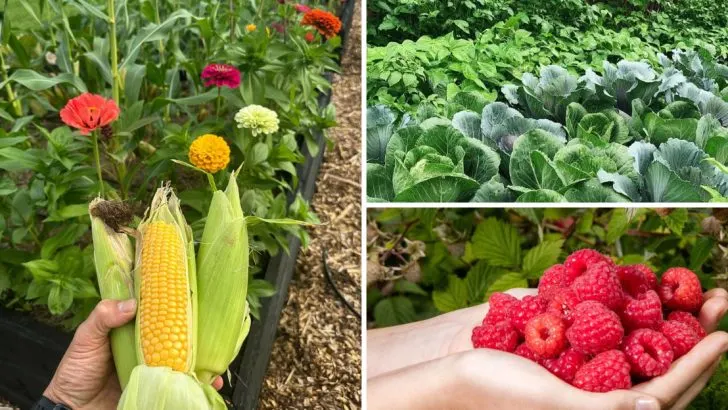Blueberries are a favorite among gardeners, prized for their sweet, antioxidant-rich fruits and attractive foliage. However, these acid-loving plants require specific conditions to thrive, including acidic soil (pH 4.5–5.5), good drainage, and plenty of sun. While companion planting can enhance your garden’s health and productivity, choosing the wrong neighbors for your blueberries can have the opposite effect.
Some plants may compete with blueberries for nutrients, alter soil pH, or even attract pests and diseases that can harm them. To help you avoid these pitfalls, we’ve compiled a list of nine plants that make terrible neighbors for blueberries. By steering clear of these problematic combinations, you can give your blueberries the ideal environment they need to flourish.
Tomatoes
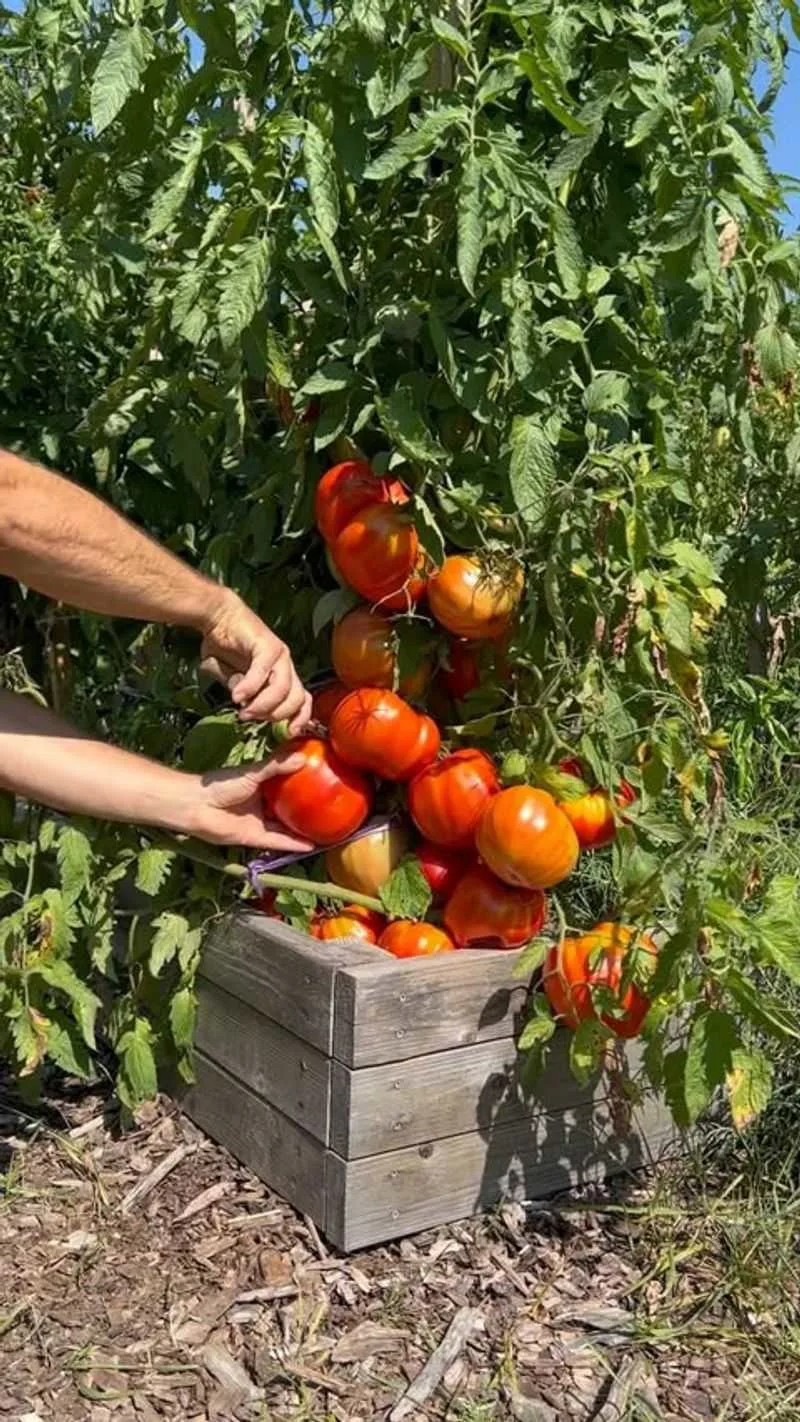
Tomatoes, while a staple in many gardens, don’t play well with blueberries. Their growth requirements drastically differ, as tomatoes thrive in more alkaline soil, whereas blueberries need acidic conditions. This disparity can lead to poor growth for your blueberries if they’re planted too close.
Additionally, both plants are heavy feeders, competing for essential nutrients, which can result in nutrient-depletion for blueberries. Consider separating these garden favorites to maintain optimal growth. Providing each plant with its preferred environment ensures that both can flourish without hindrance, leading to a more bountiful garden throughout the growing season.
Brassicas
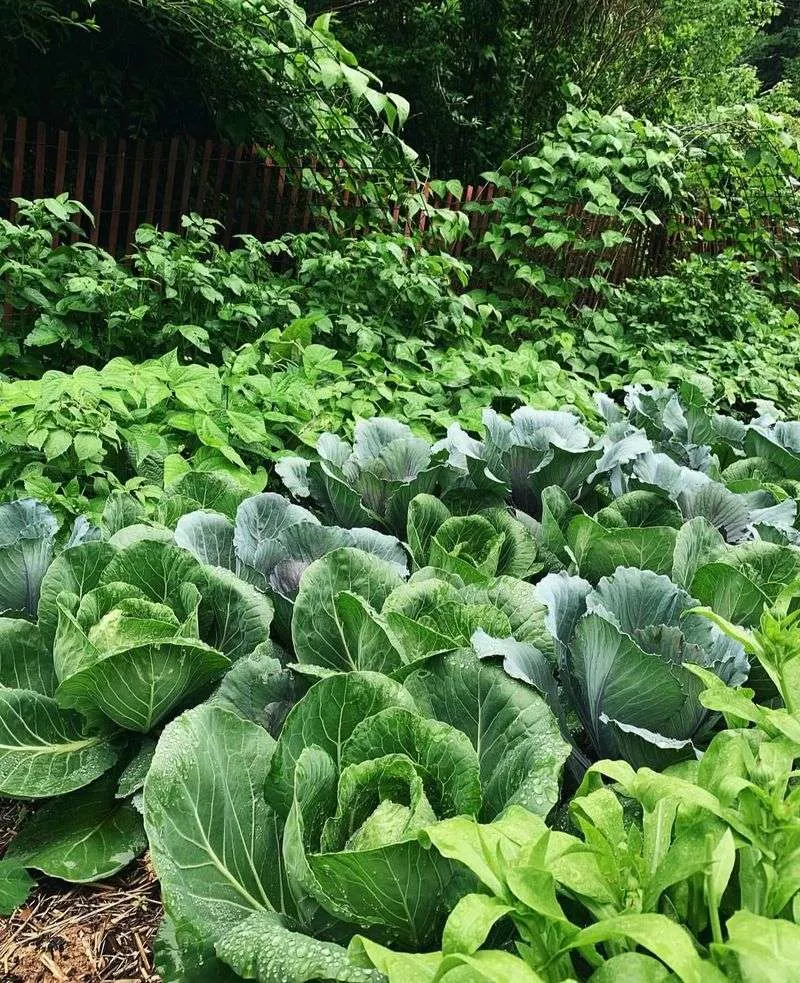
Brassicas, including broccoli, cabbage, and cauliflower, are not ideal companions for blueberries. These plants prefer a more alkaline pH, conflicting with the acidic soil needs of blueberries. Furthermore, brassicas can overshadow blueberries, demanding more space and sunlight, which can stunt blueberry growth.
If you’re planning a diverse garden, it’s crucial to separate these plants to prevent any competition for resources. By allocating different zones for brassicas and blueberries, you can ensure that each plant has the best chance to thrive, maximizing your garden’s overall productivity and health.
Potatoes
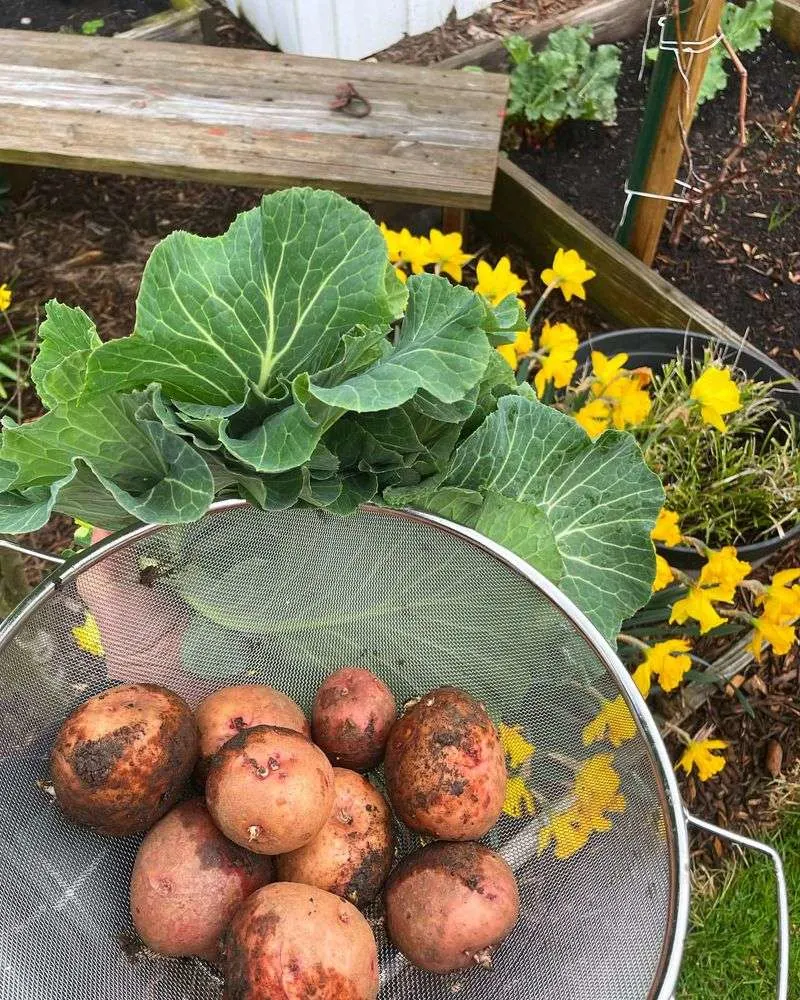
Potatoes are another garden staple that should be kept away from blueberry bushes. They can harbor blight, a disease that may spread to blueberries, compromising their health and reducing yield. Additionally, potatoes require a neutral to slightly acidic soil, contrasting with the specific needs of blueberries for highly acidic environments.
This soil incompatibility can hinder the growth of both plants if not addressed. To keep your blueberries healthy and productive, it’s best to plant potatoes in a separate area, thereby minimizing the risks of disease transfer and ensuring optimal growing conditions for both.
Peppers
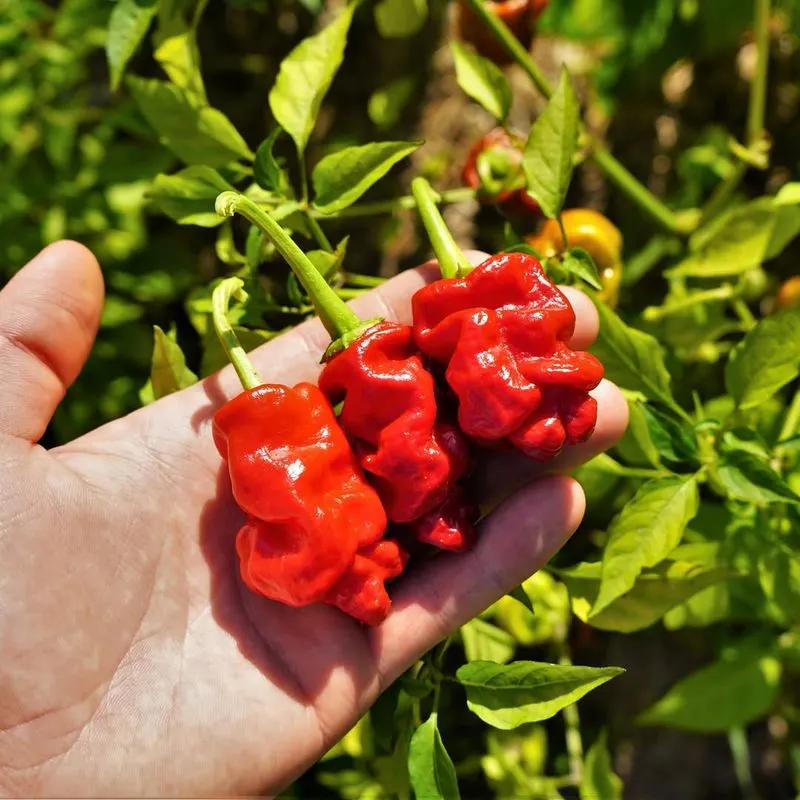
Peppers, much like tomatoes, require different soil conditions than blueberries. They prefer a slightly more alkaline soil, conflicting with the acidic environment blueberries need. Additionally, peppers can attract pests that also affect blueberries, leading to increased pest management efforts.
When these two are planted together, the competition for resources can also be a concern, especially in terms of soil nutrients and sunlight. For a harmonious garden environment, it’s advisable to plant peppers away from blueberries, allowing each plant to benefit from conditions tailored to their specific needs.
Raspberries
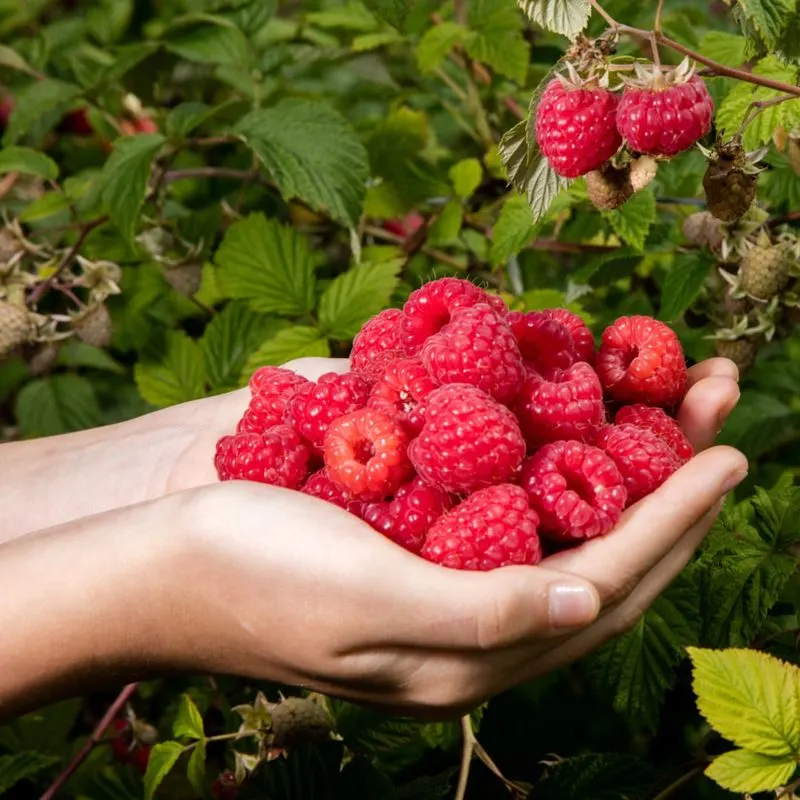
Raspberries and blueberries may seem like a berry dream team, but they don’t mix well in the garden. Raspberries can quickly overtake an area with their aggressive growth habits, overshadowing and outcompeting blueberries for nutrients and sunlight.
Both plants are susceptible to similar diseases and pests, which can increase the risk of infestations. For gardeners wanting both fruits, it’s best to plant them in separate areas with adequate spacing. This separation reduces competition for resources and minimizes the threat of shared pests, ensuring that both berry types can thrive without interference.
Sunflowers
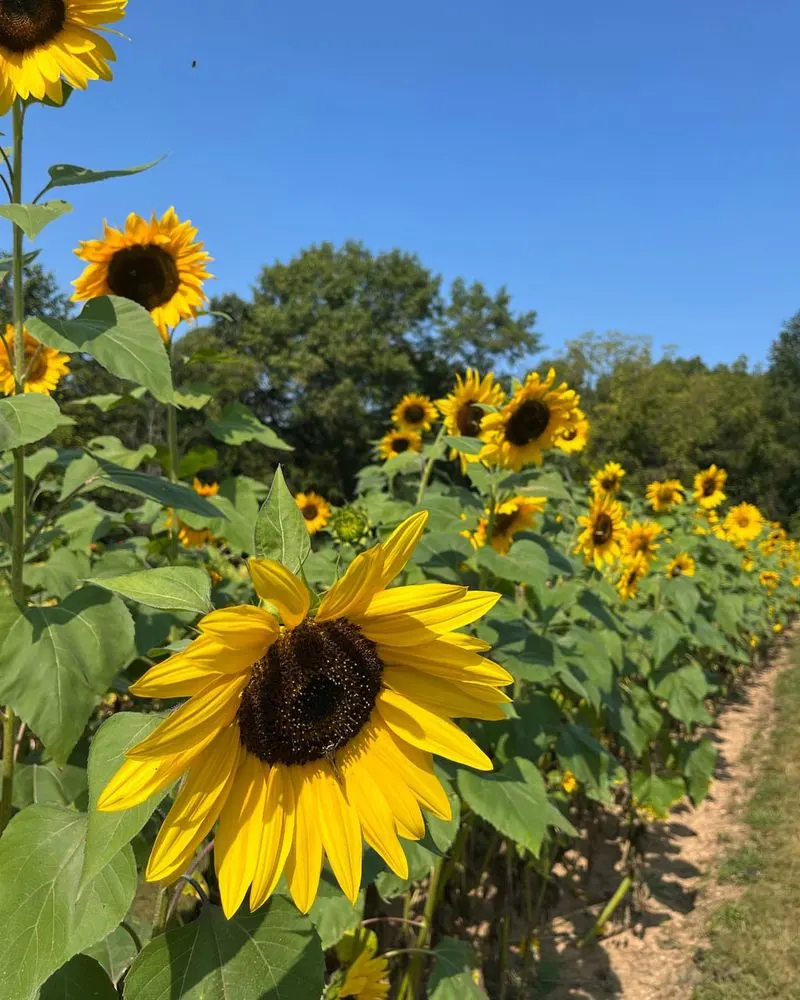
Sunflowers, with their towering height and sprawling roots, are not the best neighbors for blueberries. They can cast significant shade over blueberries, depriving them of the sunlight needed for optimal growth. Moreover, sunflowers are known for their allelopathic properties, potentially releasing compounds that inhibit the growth of nearby plants.
This can stunt the development of blueberry bushes, impacting fruit production. To maintain a vibrant and productive garden, it’s advisable to plant sunflowers at a considerable distance from blueberries, ensuring that each plant can thrive in its preferred conditions without undue competition.
Corn
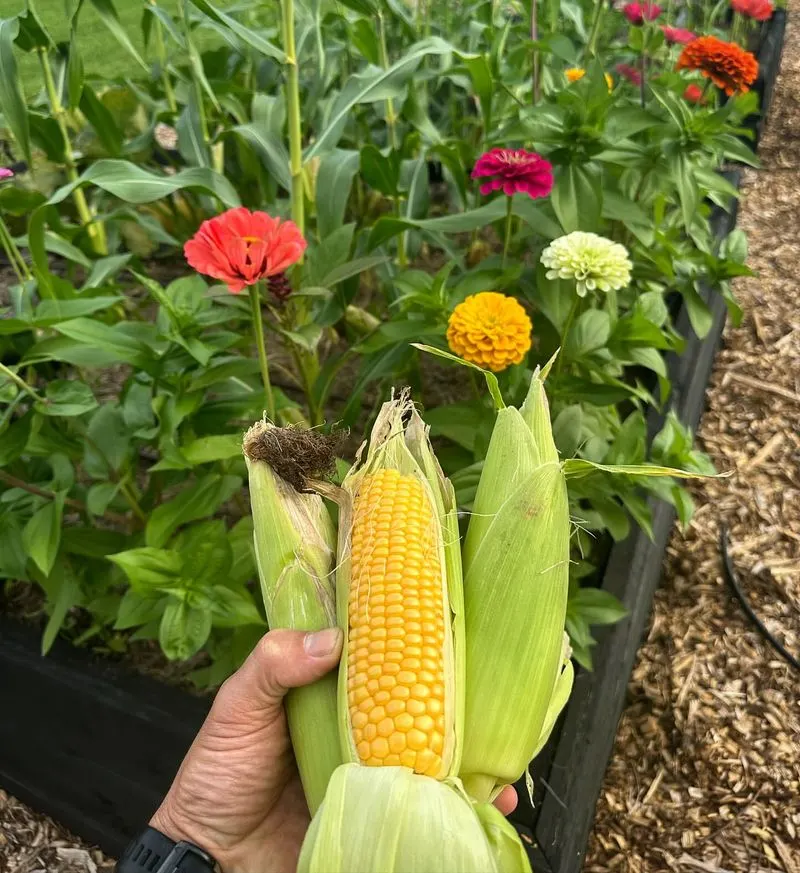
Corn is a dominant garden plant that doesn’t share well with blueberries. Its tall stalks can block sunlight, while its heavy feeding habits deplete the soil of nutrients blueberries need. Additionally, corn requires different soil pH levels, further complicating their coexistence.
This can result in undernourished blueberries with stunted growth and poor yields. For the best results, it’s wise to plant corn in a separate garden area. This separation allows both blueberries and corn to access the resources they need, ensuring healthy growth and abundant harvests without compromising each other’s requirements.
Fennel
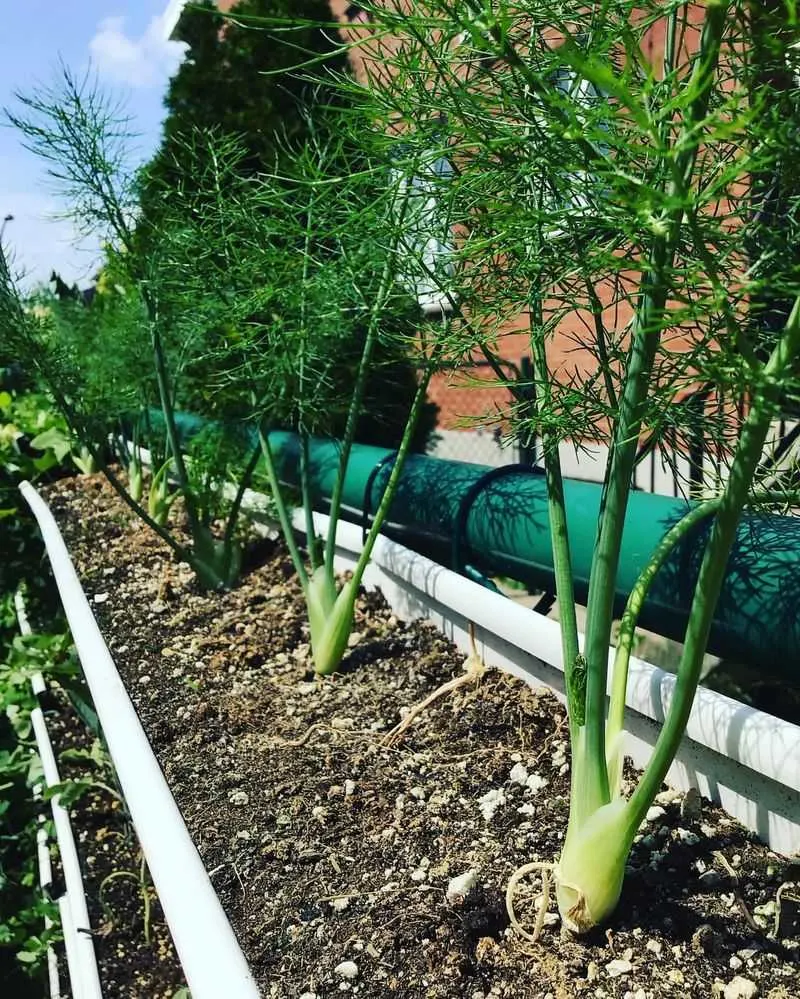
Fennel might be a culinary favorite, but it’s not a friend to blueberries. Known for its allelopathic nature, fennel can inhibit the growth of surrounding plants, including blueberries. This effect can lead to underperforming blueberry bushes with stunted growth.
Additionally, fennel demands different soil conditions and nutrients, often conflicting with the needs of blueberries. When planning your garden, it’s better to keep fennel away from blueberry plants. By doing so, you can ensure that blueberries have the best opportunity to grow robustly and produce a healthy, abundant crop without competition for nutrients.
Black Walnut
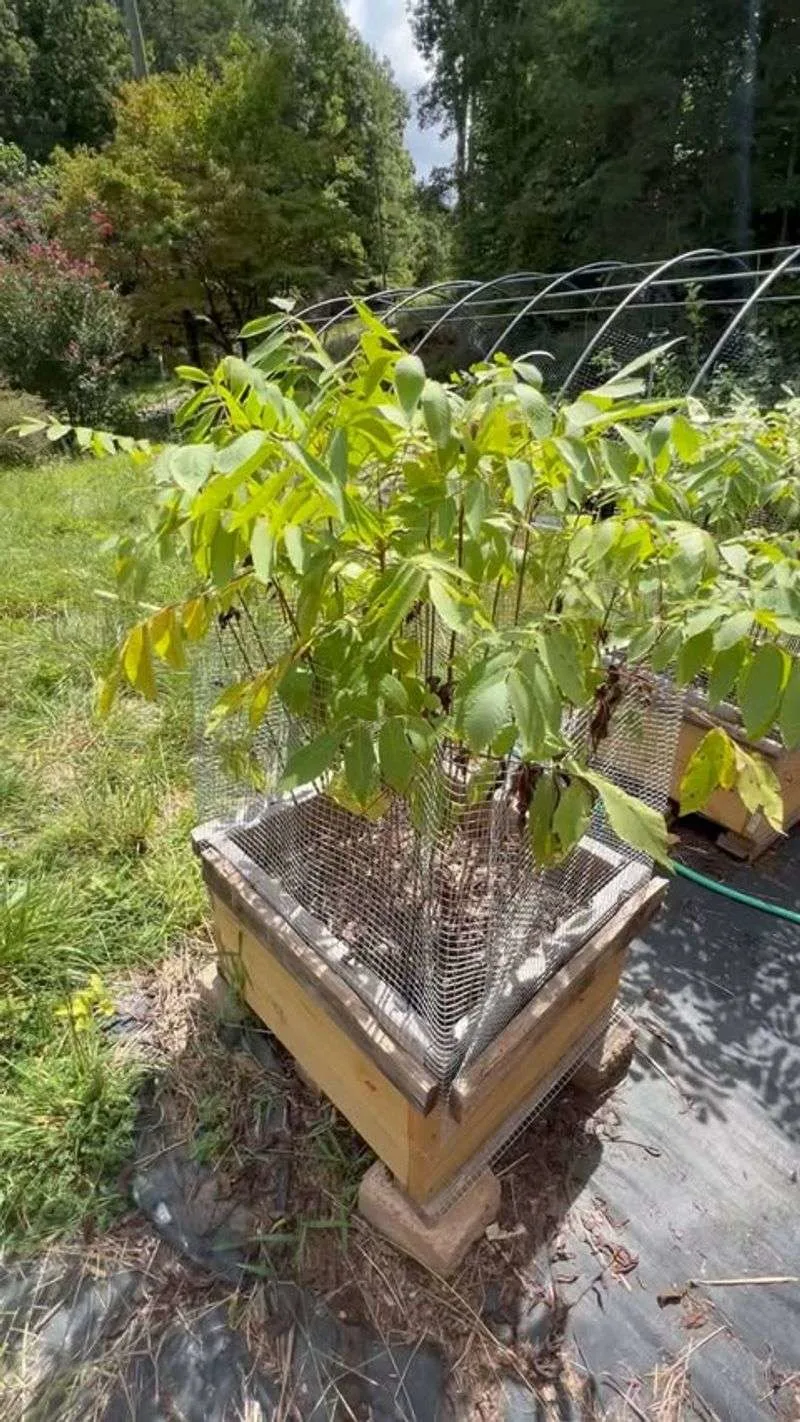
Black walnut trees are renowned for their allelopathic properties, producing juglone, a compound detrimental to many plants, including blueberries. This chemical can lead to yellowing leaves and stunted growth in blueberries. Furthermore, the large canopy of a walnut tree can block sunlight, further hindering blueberry development.
If you have a black walnut in your landscape, it’s advisable to plant your blueberries far away, ensuring they receive ample sunlight and remain free from harmful juglone. This strategic planting helps maintain the vitality and productivity of your blueberry bushes, allowing them to flourish in their preferred acidic soil.

